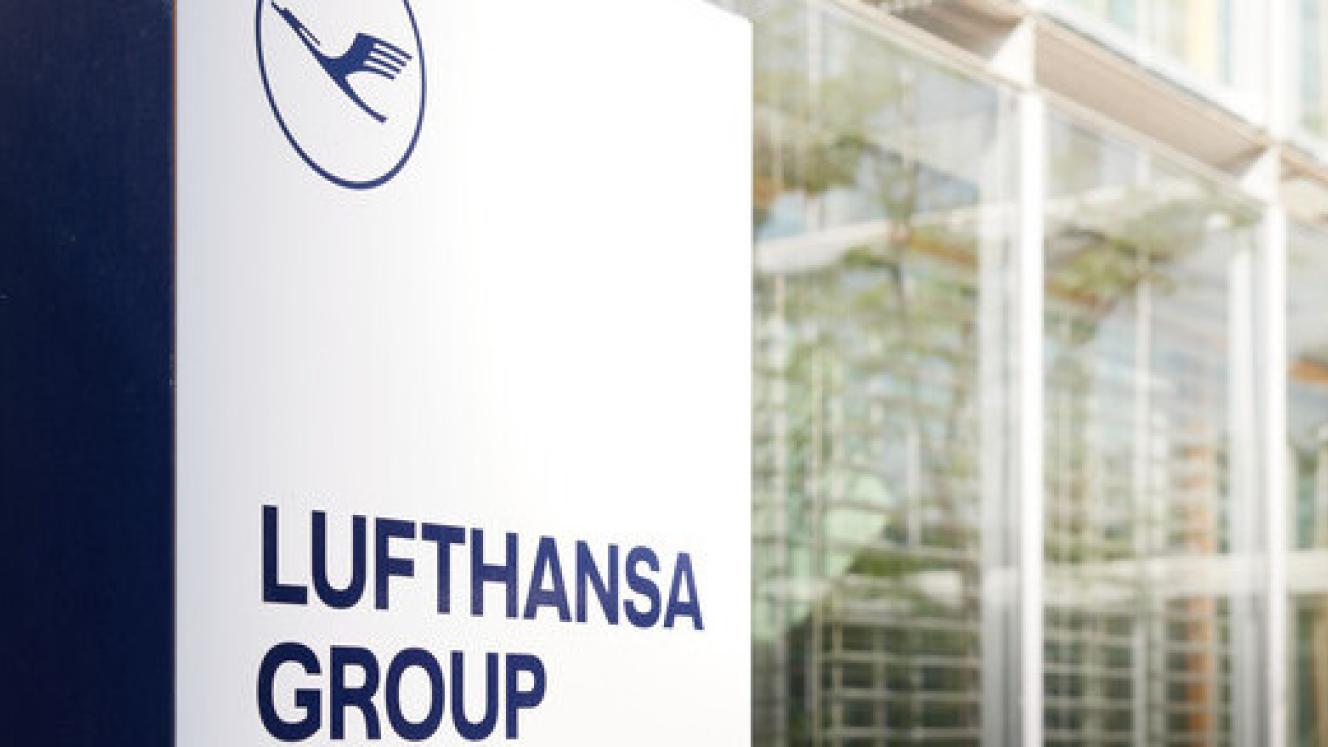The pandemic has accelerated digital adoption across most areas of commerce. Airlines are often on the leading edge of digital innovation, but the consumer experience can get ‘lost in translation’.
The Lufthansa Group (LHG) is very much at the forefront of digital innovation and in a move that could raise consumers' expectations of their travel providers, the group has established a customer-experience-focused digital unit, Digital Hangar.
Following months of analysis at the beginning of 2022, Digital Hangar was born in the European summer of 2022 and now has the goal of recruiting around 300 people to resource it in the next 12 months.
According to a report in global travel industry website phocuswire.com, Digital Hangar MD, Oliver Schmitt, says now is the right time because of heightened customer expectations, and added that there was a feeling that the company now had the power to go into tech mode after more than two years of the pandemic.
Schmitt says the group is seeing more bookings on the dotcom than ever before, including a lot of direct and online bookings. “We have even seen days where we had more self-service transactions on our chatbots than our call-centres.”
He adds that now it’s about improving the digital experience for passengers in a way that reaps results quickly.
Schmitt says people from across the business will be allocated to work on “value streams” that cover the various customer digital touch points. He says more and more areas of the customer journey will be brought in over time. Establishing a separate unit to do this is about having employees at the heart of the process and working in an agile way without disrupting the day-to-day operations.
How will LHG’s existing Innovation Hub (LIH) sit alongside Digital Hangar? Schmitt told phocuswire.com that the two hubs were more different than similar. LIH is about innovation beyond flying, while Digital Hangar is about the core business and covers the websites, apps, call centres and more.
Digital Hangar teams are currently looking at customer service, including customer booking and servicing and the self-service experience. Schmitt says most of the calls airlines receive can be avoided using digital self-servicing, but that doesn’t mean the airline will force people to self-service, rather they will be given the option next to the call centre.
Another team is interrogating the airport experience and ways to make it more seamless even in times of disruption. Schmitt says this will be important for the coming European summer. “It is about the app delivering your hotel voucher if your flight is disrupted. Or the app telling you the time you need to be at check-in before your flight and queue times at security lanes.”













